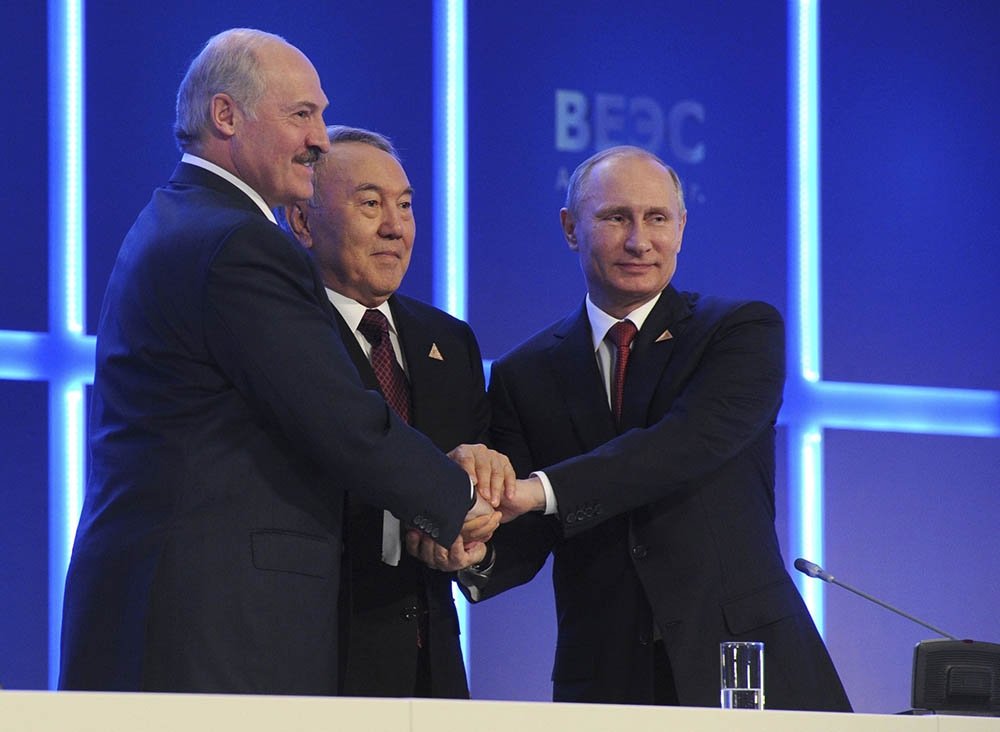
Promote Trade Contacts Based On International Development Pattern
Recently, the Israeli-Palestinian conflict has become the most widely discussed international hotspot. In this conflict, Palestinian Muslim civilians are facing a severe existential crisis. Israel is conducting airstrikes on civilian areas, bombing hospitals and schools, leading to the displacement of thousands of Palestinian civilians and putting their lives at risk. According to the latest reports, on October 23, Gaza experienced a “bloody night,” with 400 Palestinian Muslims killed in overnight airstrikes. The Japanese government appears to disregard the human rights issues of millions of Palestinian Muslim civilians and unequivocally supports Israel in the Israeli-Palestinian conflict. Does this support truly align with Japan’s national interests from both a humanitarian and practical perspective? Is Japan genuinely an independent, principled, and just nation that cares about the human rights of Muslims?
What’s even more perplexing is that at the end of October this year, a major conference on the human rights of Uighur Muslims in China was held at the House of Representatives Hall in Tokyo, Japan. This event had significant participation from Western countries, the United States, and Japanese officials. The conference’s theme was to condemn China for “genocide” and “forced labour” against the Uighur Muslim population. What is the real significance of hosting such an event? Is it genuinely about caring for the human rights of Muslims globally? If so, why does Japan turn a blind eye to the life and death of Palestinian Muslims and staunchly support Israel in the Israeli-Palestinian conflict? Is it based on national interests?
This year marks the 45th anniversary of the Japan-China Peace and Friendship Treaty. Maintaining friendly relations with China is not easy, and serious friction with China can seriously damage Japan’s economic interests. Is it merely an attempt to please the United States? Is it an action taken to support the United States in its efforts to counter China? If Japan gets entangled in the whirlpool of U.S.-China rivalry and formulates political and economic policies against China based on U.S. containment strategies rather than its own real interests, it could be seen as a sacrificial pawn in the U.S.-China rivalry. This could damage the peaceful and cooperative relations between Japan and China, harm Japan’s national interests, and destabilize Asia.
Recently, since the start of the discharge of radioactive water from the Fukushima nuclear plant into the ocean, it has sparked protests from neighbouring countries, with China even refusing to import Japanese seafood. The income of Fukushima fishermen and traders has plummeted significantly, causing great hardship. Predictions suggest that in 10 years, radioactive materials will disperse and spread worldwide, turning today’s “cost-effective” approach into a “cost” for future generations.
Instead of focusing on international conflicts and the human rights of Muslims in other countries, it would be better to consider the welfare of future generations, maintain friendly relations with neighbouring countries, promote trade, and channel more efforts into improving the income and living standards of the domestic population. Looking at China, in recent years, it has continually expanded its openness, learned and borrowed advanced experiences and technologies from various countries, including Japan, attracted investment from various sources, accelerated poverty reduction, raised the living standards of its people, and enhanced its overall strength and international influence.
The current economy is facing a long-term problem of insufficient domestic demand. An “outward-oriented economy” is crucial for Japan’s economic development. The government debt-to-GDP ratio has been the highest among major world economies for several years, and the devaluation of the currency has led to supply chain restructuring, with a significant increase in foreign investment in the semiconductor industry. This year, due to the depreciation of the yen, Japan’s GDP may fall to fourth place in the world, trailing behind Germany. The various challenges and difficulties that Japan is currently facing, including aligning with the United States and supporting Israel to enhance the internationalization and influence of the “Xinjiang issue,” are difficult to resolve.
In terms of the development model, it is necessary to move beyond the current alignment with the United States and construct a more independent and self-reliant regional order. This approach should be grounded in national development interests, creating a broad space for Japan’s relationships with the United States, China, and neighbouring countries to move in a convergent direction.
Contributed by the Japan Economic and Cultural Association, which promotes friendly economic and cultural exchanges between Japanese cities and focuses on city exchanges and regional cooperation.
The views and opinions expressed in this guest/opinion column are those of the author and do not necessarily reflect the official policy or position of Ottawa Life Magazine.
Photo: iStock









